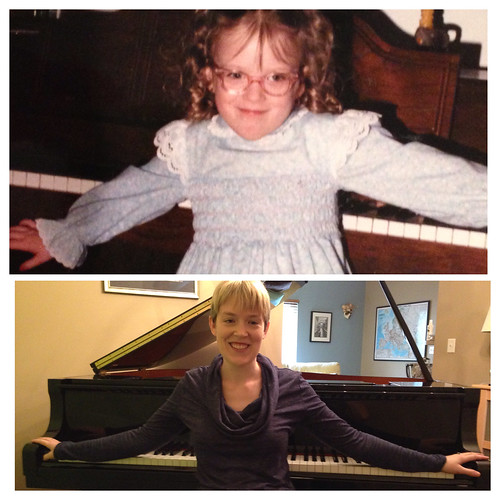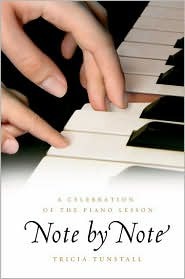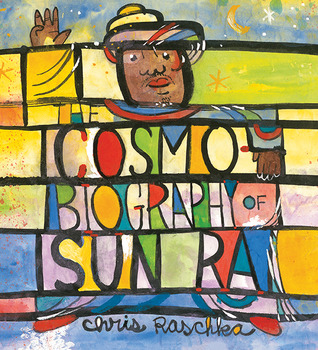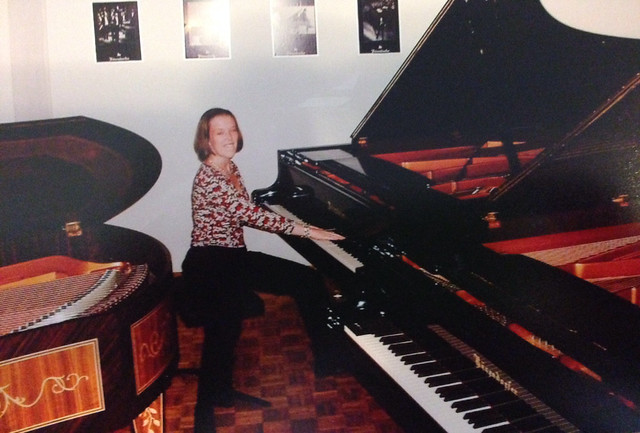I've always loved the Foo Fighters and Dave Grohl ever since I learned he was the drummer for Nirvana and then became the guitarist and frontman for his own band after Kurt Cobain died. Foo Fighters is very much a band of my generation. I listened to the audiobook of The Storyteller which Grohl narrates so it felt more like I was sitting with him at the kitchen table while he regaled me with stories from his life in rock n roll. I love how salt-of-the earth Grohl is, managing to stick pretty close to his humble roots despite having a life in an industry that can get you swept up in the fame, money, and vices pretty quickly. But Grohl is quick and frequent to credit his public schoolteacher mother who recognized that her son would never be fit for the academia track and let him go to pursue his dreams of being a musician before he even finished high school. What a gift that was to him to live his own life rather than trying to get him to fulfill her dreams that she had for him.
Despite my love for Grohl as a person, his writing, and hearing his rich yet gravelly baritone voice narrate his story, I did find it frustrating that the book didn't follow a linear timeline and there were holes that I wanted to know more about (how did he meet his wife? Why are his oldest daughters talked about frequently but his third daughter only gets two passing mentions?) And yet, despite my frustration with this, I think the tone of the book was meant to be more about telling stories rather than a linear memoir, I am willing to overlook those criticisms because I loved listening to him tell his stories so much. By far the best audiobook I've listened to in 2021.
The Storyteller: Tales of Life and Music by Dave Grohl*
Published: October 5, 2021
Publisher: Dey Street Books/Harper Audio
Pages: 376
Audiobook length: 10 hours, 35 minutes
Genre: Memoir
Audience: Adults/Rock music lovers
Disclosure: Audiobook purchased from Libro.fm, which supports independent bookstores
*Purchasing the book from the above Bookshop affiliate link supports independent bookstores and gives me a small percentage of the sale.































